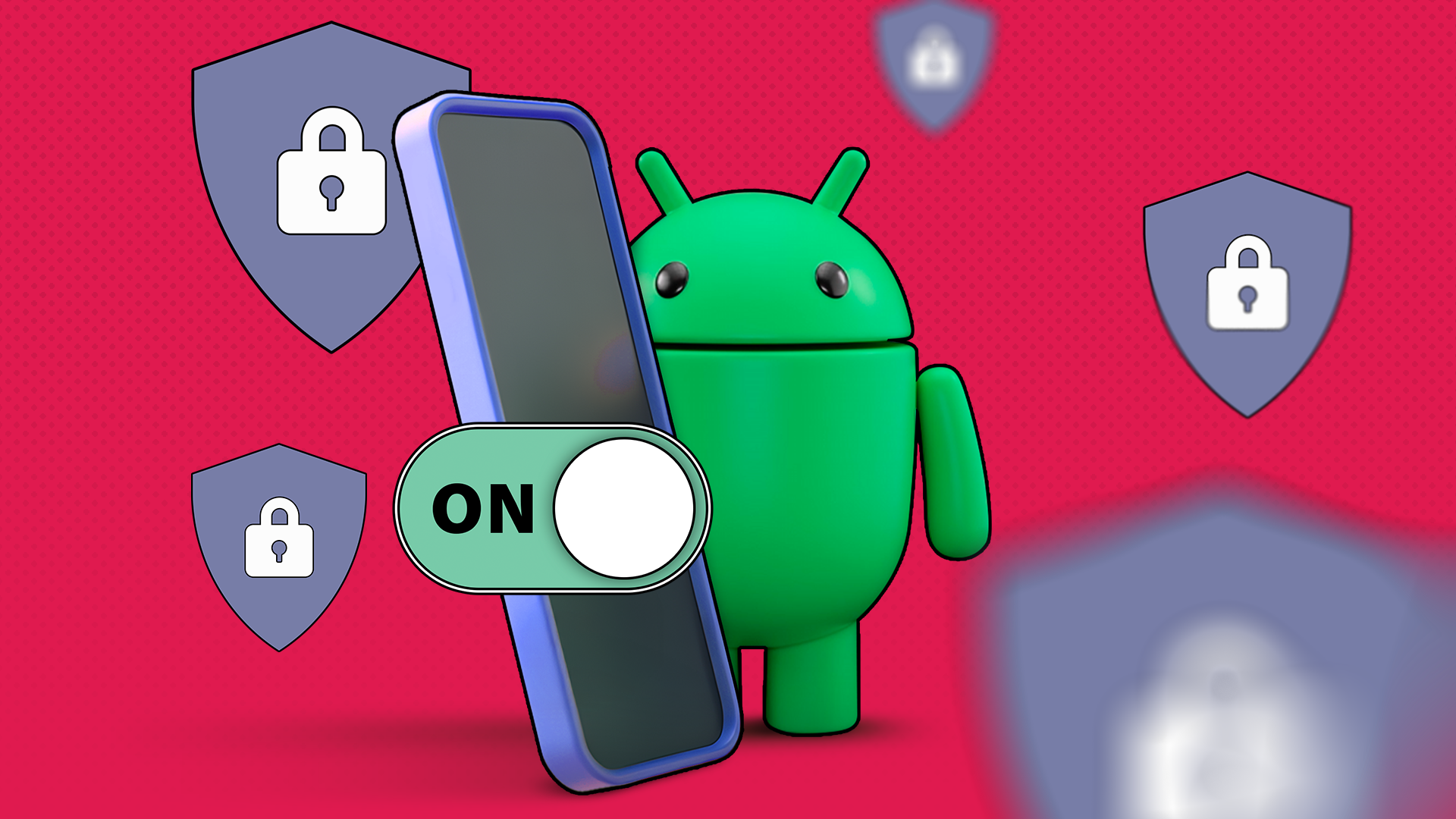Android is stepping up to give parents more control over their kids’ digital lives, making it easier than ever to set those much-needed digital boundaries. We’ve been seeing some promising new features popping up in the beta builds of Android 16, signaling a big push for enhanced child safety. Now, Google seems to have started testing a new parental limit feature in the Android Canary build, marking a bigger shift in how supervision works on Android phones.
Android Authority has spotted a new “Parental controls” setting in the Android Canary release channel, which is essentially Google’s playground for testing out experimental features. The option sits right inside the main settings menu, meaning parents will no longer have to dig through Digital Wellbeing to set some limits. It’s not functional for the time being, but its placement suggests that Google is planning to put parental settings front and center, rather than treating them like an afterthought.
Nothing happens at the moment when the option is tapped. That said, Google seems to be aligning these tweaks with broader improvements expected in Android 16. For instance, Android 16 Beta 4 teased a “Supervision” page in the Settings app that could let parents block certain web content. Unlike before, though, the emphasis now is on integrating all of that without a mess of menus.
Making the internet a bit less wild
Beyond easier access, Android 16 is also making it simpler to filter out the internet’s less wholesome corners. New content blocking tools are on the way, designed to keep explicit material from sneaking through.
To turn on these web filters, just switch on device supervision and create a PIN for the account you’re keeping an eye on. After that, you can block shady sites in Chrome and clean up Google Search by filtering out explicit images, text, and links. While no filter is foolproof, these tools are designed to hide the majority of inappropriate online materials, making the Android experience much safer for younger users.
With kids spending more time online, Google’s push for simpler parental tools makes sense. Instead of relying on third-party apps, parents may soon have robust controls baked directly into their phones. The Canary changes suggest Google wants these features to be intuitive.



… [Trackback]
[…] Read More here to that Topic: geeksforgeeks.org/google-s-upcoming-parental-control-feature-just-popped-up-in-android-canary/ […]